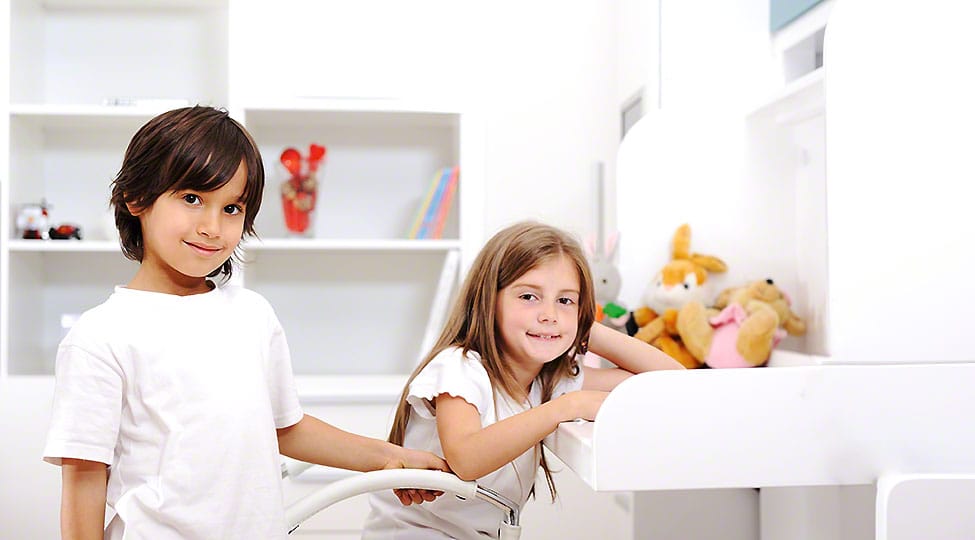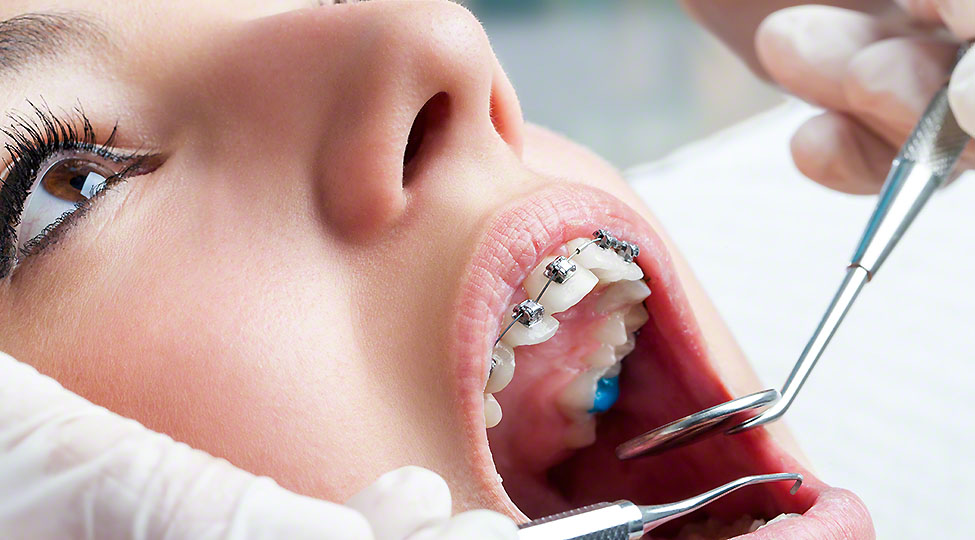Autism is a very common disorder in children and adults alike and one of the things that it can affect is sleep. If the sleep problems are affecting your daily life, then you must visit a sleep clinic Damascus MD. Here is some important information about autism and its associated sleep issues.
Autism & Sleep
Autism is the most common disorder to occur in children. It alters the brain and it can halt the development of the nervous system, which in turn can cause things like:
- Disruption in focus
- Loss of concentration
- Lack of understanding
- Mood swings
- Anxiety
- Depression
- Stress
- Loss of appetite
- Acting on intrusive thoughts
To add to the list of things that can make the life of someone with autism hard, sleeping issues are one of the topmost causes and direct effects of this disorder.
A 2019 medical study found out that nearly 80% of the children tested, in this case, had sleep disruptions and they had a hard time falling and staying asleep. The common thing that tied this study together was the fact that all of the children, especially preschoolers, were autistic.
So, what is the connection between sleep and autism? Well, this can be backed up with action of intrusive thoughts and repetitive actions, that cause children, and even adults, to will themselves to be wide awake at night.
It also has to do with the hypersensitivity of autistic patients because their minds are always on a roller-coaster of sensations and they are unable to relax and sleep, because of this thing.
This issue is really serious because if someone, whether it’s a child or an adult, isn’t getting a good night’s rest, then it leads to a domino effect of problems that will follow suit throughout the day. Lack of sleep can result in:
- Hallucinations
- Irritability
- Migraines
- Bad body health
- No energy
- Napping throughout the day, and many more things
Common Sleep Disorders In Children And Adults With Autism
There are a lot of sleeping issues and disorders that can rear their heads, especially if children or adults are autistic. Some of them are described as follows:
Insomnia
One of the most common sleeping disorders that can occur, especially in autistic children, is insomnia. Insomnia is essentially the lack of falling asleep. Even if you have worked the entire day and its nighttime, you won’t be able to fall asleep because you’re wide awake, and even though you might feel tired, you won’t be able to slip into dreamland.
Sleep Apnea
Sleep apnea is just as frustrating and scary to deal with. Imagine if you were to stop breathing for a few seconds while being asleep. This can be scary, especially if the autistic child or adult sleeps with someone and they get to experience this.
The breathing does resume after a couple of seconds, but it can be horrific nonetheless. This also leads to people waking up with a start, having a dry mouth and not being able to fall back asleep.
Inconsistent Sleep
Next is inconsistent sleep. Let’s say that your child does manage to snooze for the time being, but they can wake up after a couple of hours, then stay awake for some time, and then they’ll go back to sleep. Inconsistent sleep isn’t good sleep at all and you can wake up feeling tired.
This is something that a lot of children and adults will experience, especially if they’re stressed about something. This is not the way to relax and fall asleep if you’re just going to wake up again.
Restless Leg Syndrome
This is something that a lot of autistic patients deal with. Since moving your legs and hands is quite common in autism, since you’re acting on your intrusive thoughts, it can lead to the same pattern while you’re sleeping. Restless leg syndrome is a condition in which you’ll move your large limbs mindlessly.
If you sleep with someone, then it can be alarming to experience that. It isn’t necessarily harmful, by any means, but it’s not your body’s normal reaction. So, something has to be done about it, especially if you don’t want to alarm people who sleep with you.
Negatives Effects Of Sleep Disorders In Autistic Patients
Lack of sleep has a lot of consequences, in general, but when you add autism to the mix of things, then the effects can get elevated by many a fold.
- Many kids who suffer from autism, can experience delayed reactions, and loss of focus and they can also develop social anxiety, so it’s really hard for them to open up and make friends and mingle with other people.
- Lack of sleep can also cause a lot of bodily issues and autistic patients will usually have a low metabolism and energy and overall, they will be moody and not chirpy.
- As for neurological issues, those are plenty too, especially for people who suffer from autism. They can develop anxiety and depression because lack of sleep will mess with the brain a lot. They will have a hard time staying awake and they’ll want to nap at all times and that’s just not practical at all.
- Different events can also become a blur and that’s scary because it’s nothing less than short-term memory loss.
So, conclusively, sleep disorders and autism are related to each other and the effects can be detrimental if you don’t do something about it right away. This can make or break the lives of people suffering from this confusing and frustrating disorder.
How To Treat Sleeping Issues In Autistic Patients?
From the looks of it, it might seem like you’ll never be able to sleep peacefully again, if you have autism. Luckily, there are ways by which you can get back on track to sleep well, even if you have autism. Here are some things that you can try out:
- Keep the bedroom a place with zero noise. This is a stimulant that wills your brain to stay awake. So, whether it’s for you or for your child who suffers from autism, ensure that the room has no disturbance or noise. This will make sure that sleep comes fast.
- For children, it’s best to limit excitement-induced activities after 3 pm. Once you let their bodies know that it’s time to relax, they will have an easier time falling asleep at night. So, limit playtime after 3 or 4 pm and build your child’s routine around this new change.
- Avoid giving caffeine to your kids and if you’re the one who can’t fall asleep, then follow this tip. Caffeine is a stimulant and it makes your brain stay awake for longer periods. Some people won’t be affected by caffeine at all, but autistic people and children are pretty sensitive to stimulants and they shouldn’t consume anything that will disrupt their sleeping schedules.
- Lastly, avoid napping. This goes for both kids and adults alike. It might take a bit of getting used to, but you’ll see the difference in no time and sleep will come easily.
Conclusion
Autistic patients are prone to losing their focus and concentration and sleep is the main contributing factor in all of this. For diagnosis and treatments, see a sleep doctor Clarksburg.



